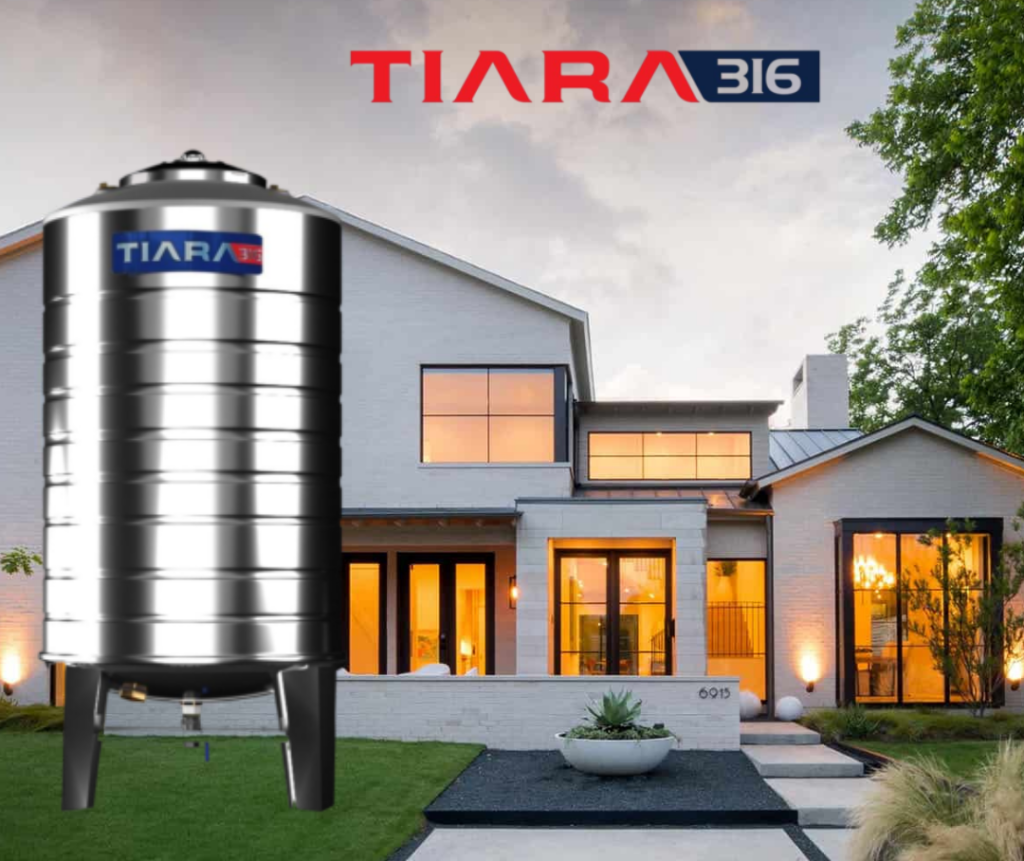
Water is a precious resource, and ensuring safe and efficient storage is critical for every household in India. With unpredictable rainfall patterns, water shortages, and infrastructure challenges, leak-proof water storage plays a vital role in maintaining water security. A properly sealed and maintained storage system prevents unnecessary wastage, contamination, and structural damage, ensuring households have access to clean water when they need it.
Prevents Water Wastage
One of the primary reasons leak-proof water storage is essential is its role in conserving water. A leaking tank or pipe can lead to significant water loss over time, especially in regions where water supply is already scarce. By ensuring a properly sealed water storage system, households can:
1. Reduce water bills by preventing excess usage.
2. Avoid dependency on external water sources.
3. Ensure efficient use of stored water, especially in dry seasons.
Protects Water Quality
Leaks in water storage tanks or pipelines can allow contaminants to enter the water supply, posing health risks. In India, where waterborne diseases such as cholera and typhoid are prevalent, maintaining clean and sealed water storage is crucial. A leak-proof system helps:
1. Prevent bacteria, dirt, and pollutants from entering the water.
2. Reduce the chances of mosquito breeding, which can lead to dengue and malaria.
3. Maintain the purity of drinking and cooking water.
Ensures Structural Durability
A water storage system that is not leak-proof can cause damage to the surrounding structures. Water seepage can weaken walls, erode foundations, and lead to costly repairs. To prevent structural damage:
1. Ensure tanks are made of high-quality materials, such as stainless steel or reinforced concrete.
2. Regularly inspect joints, seals, and pipes to avoid leaks.
3. Use waterproof coatings to strengthen tank surfaces.
Saves Costs on Repairs and Maintenance
A poorly maintained water storage system leads to frequent repairs and additional expenses. Leak-proof tanks and pipelines require minimal maintenance, saving households money in the long run. Some effective ways to minimize costs include:
1. Investing in high-quality leak-proof tanks that offer long-term durability.
2. Conducting routine inspections to address minor issues before they become major problems.
3. Using anti-corrosion materials to prevent premature damage.
Improves Water Supply Efficiency
Efficient water distribution within a home depends on a leak-proof system. Leaks in pipelines and tanks disrupt water pressure, making it difficult to access water efficiently. By ensuring a properly maintained system, households can:
1. Maintain consistent water pressure for daily use.
2. Prevent uneven distribution, ensuring water reaches all taps efficiently.
3. Reduce unnecessary water loss through dripping faucets or broken pipes.
Supports Sustainable Water Usage
With increasing water demand and environmental concerns, sustainable water management is essential. Leak-proof storage ensures optimal water utilization, reducing wastage and promoting responsible consumption. Sustainable benefits include:
1. Lower environmental impact due to reduced water consumption.
2. Enhanced efficiency in rainwater harvesting systems.
3. Contribution to long-term water conservation efforts in urban and rural areas.
Conclusion
Leak-proof water storage is not just a necessity—it is a fundamental aspect of water conservation, health protection, and household efficiency in India. By implementing proper maintenance practices, using high-quality materials, and regularly inspecting storage systems, households can ensure a reliable, safe, and efficient water supply. Investing in leak-proof solutions today leads to long-term benefits for both individuals and the environment, making it a crucial priority for every Indian home.


